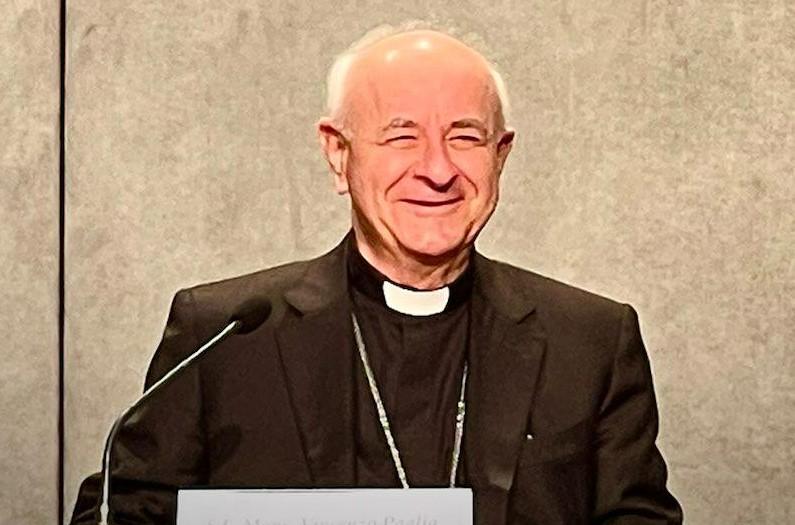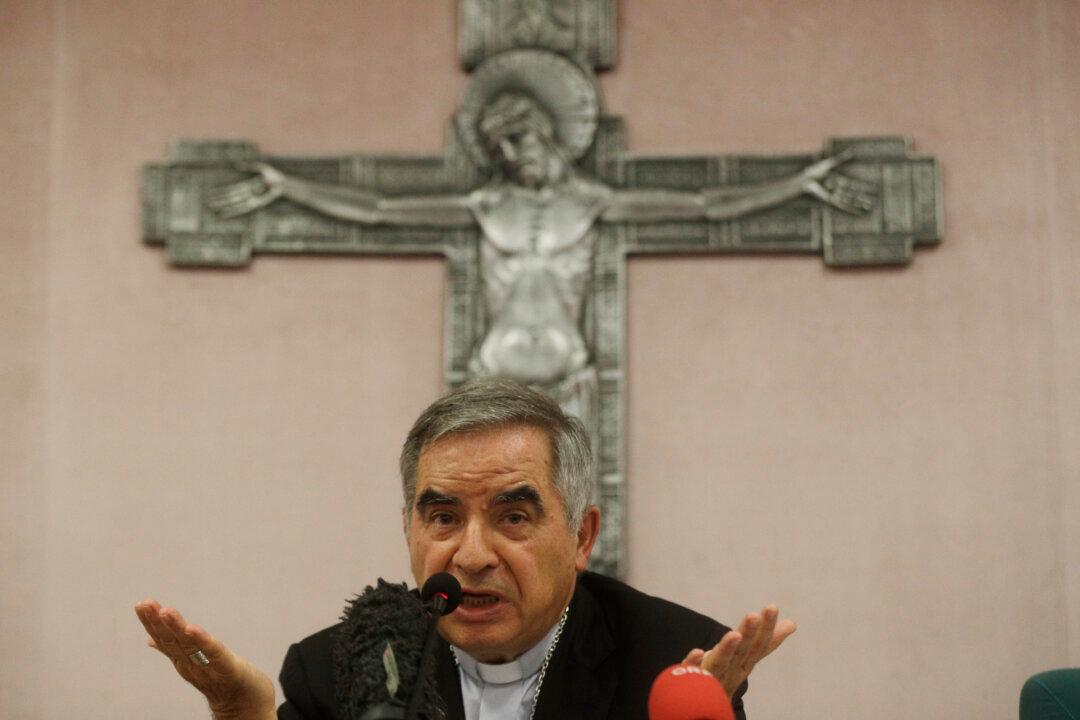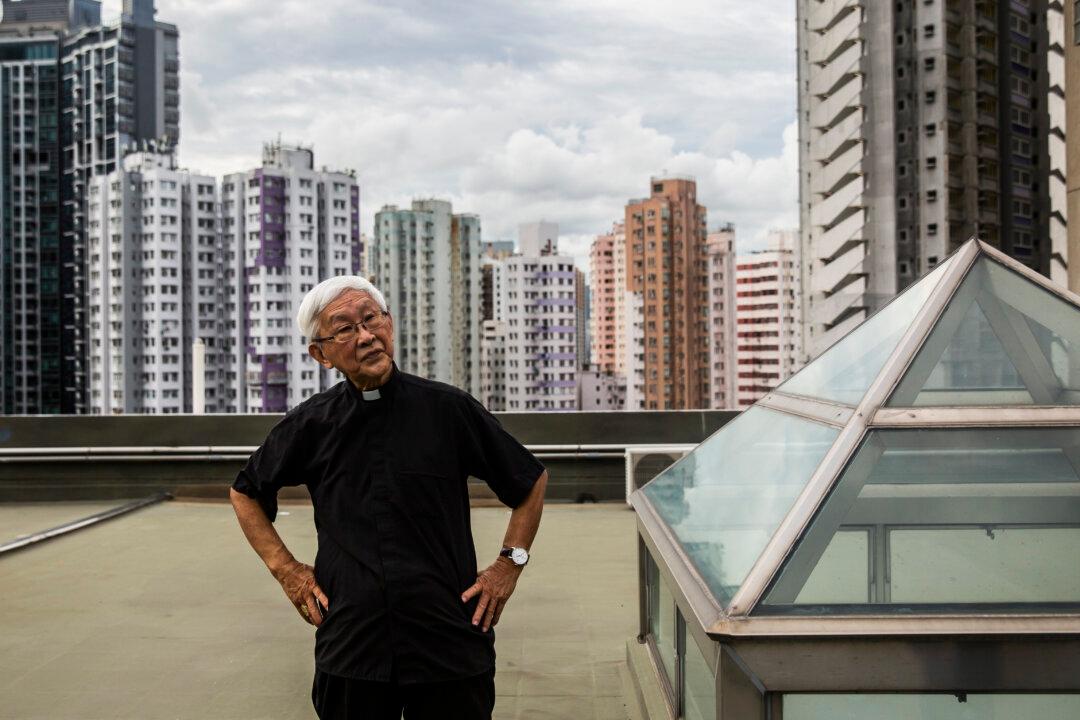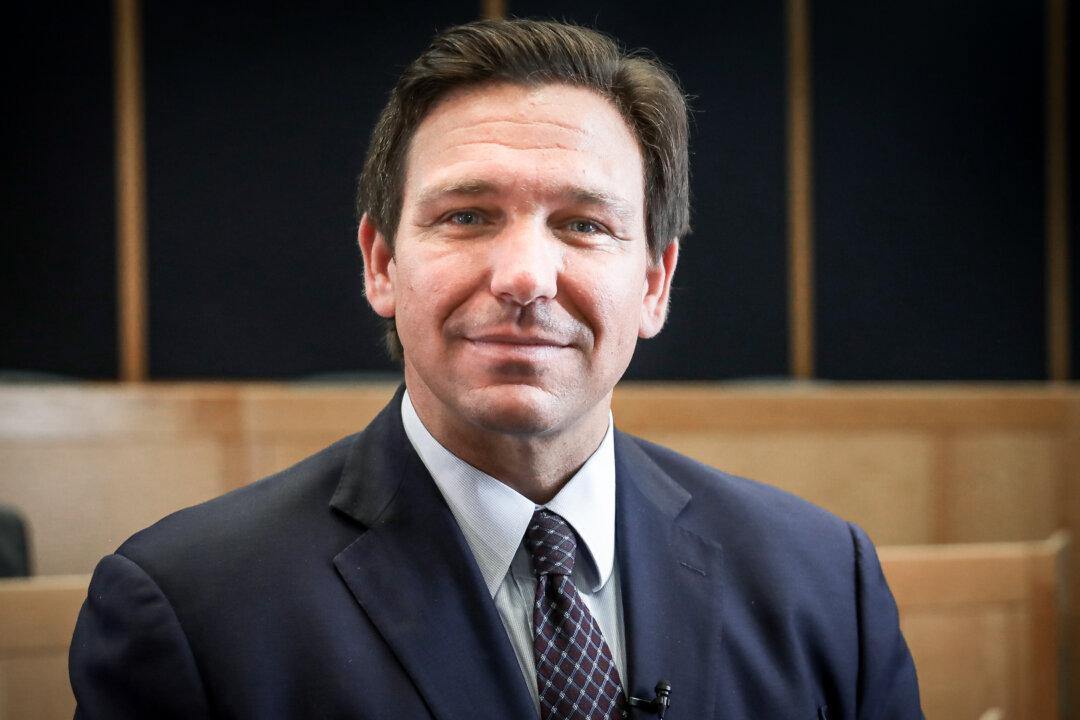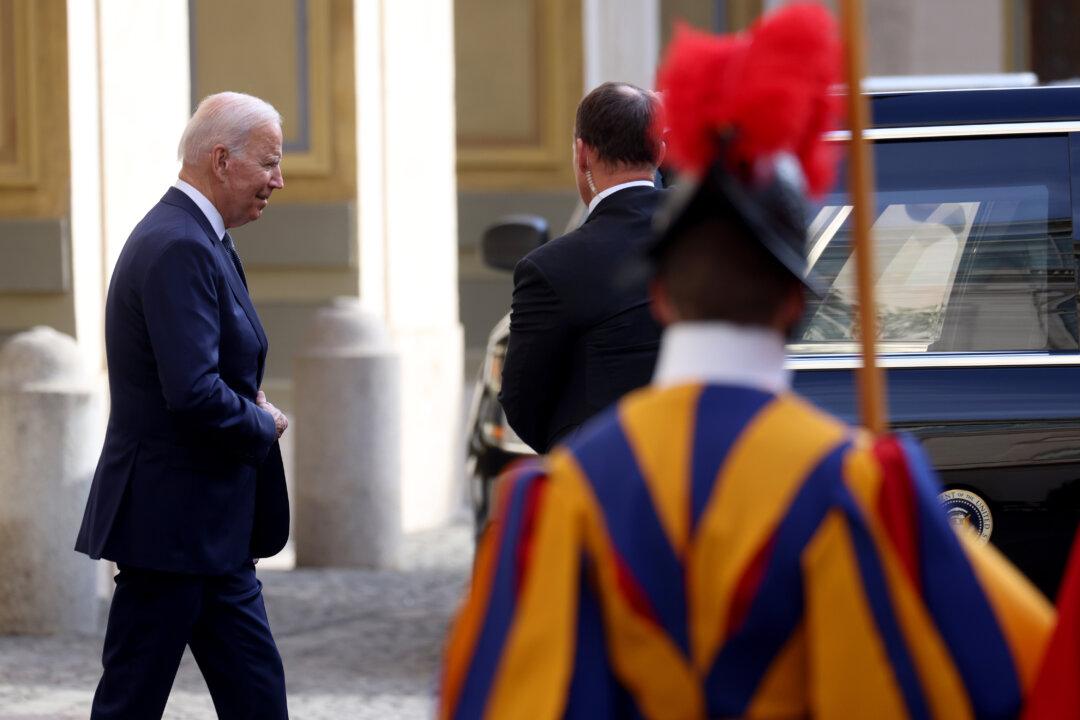VATICAN CITY—A Vatican round table and online conference focused on combatting “vaccine hesitancy” by countering disinformation, but neglected to include views critical of COVID-19 vaccines. A future conference will address the oversight.
Throughout the conference, held on July 1, several of the experts admitted to frustration in addressing disinformation on vaccines—often, they said, propagated by members of the media.
